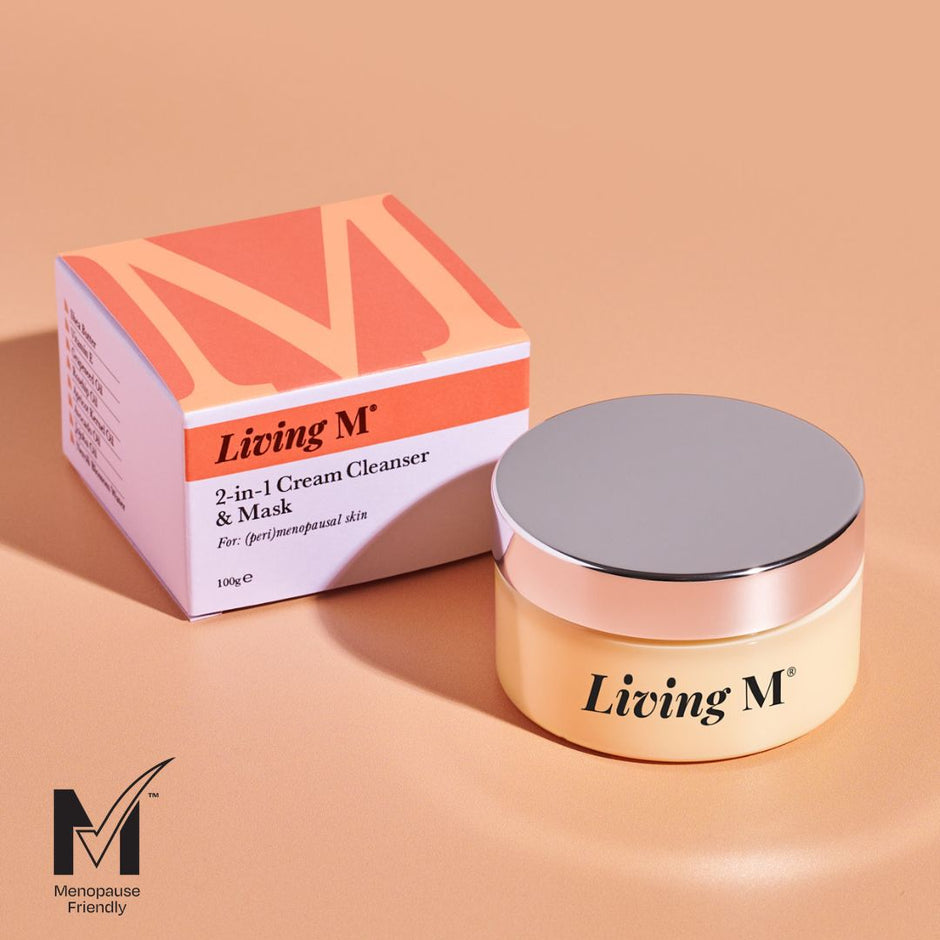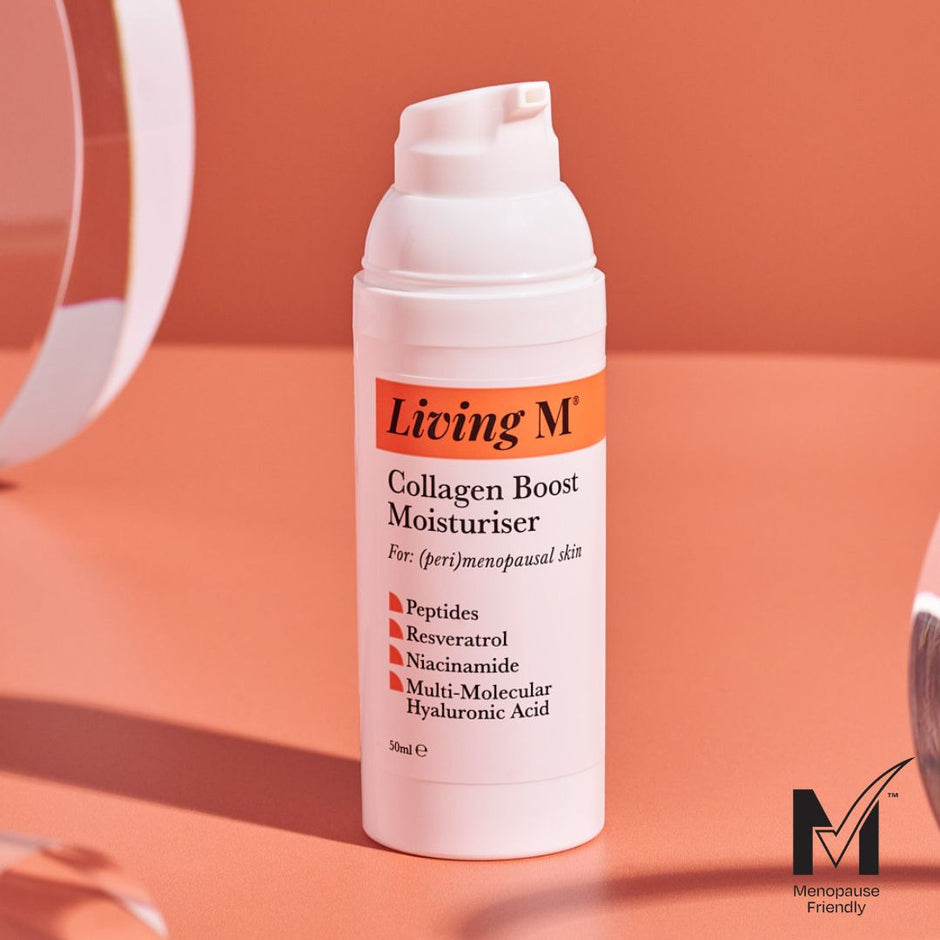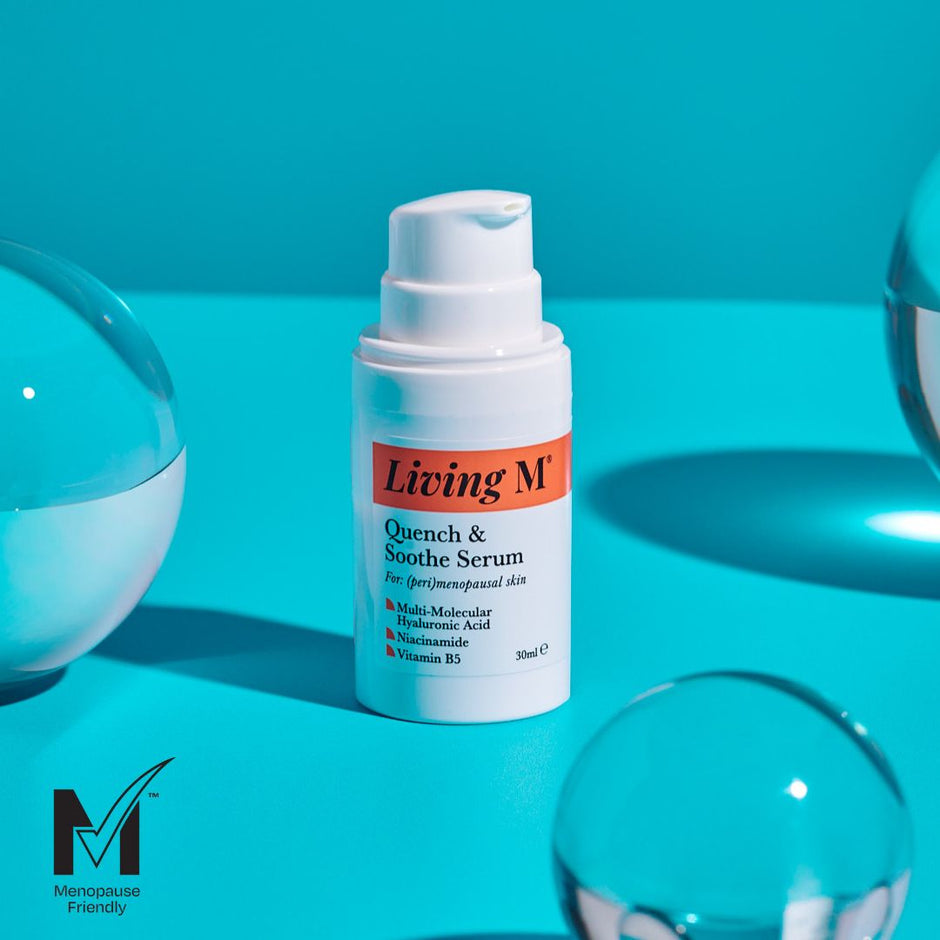Why A Holistic Approach Is Best for Managing Your Symptoms
It’s Menopause Awareness month and this year the theme is MHT (menopause hormone therapy), also known as HRT. For many women MHT is the most effective way of managing their symptoms but it isn’t for everyone. Some of us can’t take it for medical reasons and some of us can’t tolerate it. Many women choose not to and even for those that do take HRT it isn’t necessarily a silver bullet. Talking to the women in our community and our own personal experience tells us a holistic approach to managing symptoms can be the most effective route to managing the menopause. There is so much we can do to alleviate our symptoms and make ourselves feel better.
The menopause can be tough to go through and affect our physical and mental health in many ways but there are things we can do to reduce the impact of symptoms and improve our quality of life. Support and treatment are available - topping up your hormones, getting enough sleep, diet, exercise and managing stress can make a big difference to how you feel. A broad approach to wellness and selfcare can help you manage your symptoms.
MHT (Menopause Hormone Therapy) or HRT (Hormone Replacement Therapy)
MHT is a treatment used to relieve symptoms of menopause. It replaces the female hormone that are at a lower level as you experience menopause. You will usually take a mix of oestrogen and progesterone to restore these hormone levels that play a crucial role in our bodies. MHT successfully alleviates both the physical and psychological symptoms of menopause for many women.
Cognitive Behavioural Therapy (CBT).
An effective treatment to consider for your psychological and emotional changes during perimenopause and menopause. It is a talking therapy that can help you manage challenges by altering the way you think and behave.
Eat A Balanced Healthy Diet.
Eat better, feel better. A healthy balanced diet can help boost your mood. Base your diet around fresh fruits and vegetables, whole grains, lean meats, fish and olive oil and avoid processed foods as much as you can. Eating enough protein in menopause is key as we lose muscle mass as we get older. Make sure you are drinking enough water – aim for 2 litres a day.
Limit alcohol and caffeine.
It can be tempting to reach for a glass of wine after a stressful day or have another coffee for an energy hit after a poor night’s sleep but caffeine and alcohol can both make menopausal symptoms worse. We also become less able to metabolise alcohol as we go through menopause so limiting our intake can help us feel better
Get Enough Rest.
Poor sleep can make symptoms worse. We know that menopausal symptoms can make getting enough sleep a tall order but there are things you can do to try and get proper rest
- Avoid spicy food, caffeine and alcohol near bedtime
- Make your room cool
- Switch off your phone at least a couple of hours before bedtime
- Yoga, meditation and massage can all help promote a better night’s sleep
Make Time to Exercise.
Regular exercise is proven to boost mood and makes us healthier and happier. Strength training is particularly important to protect our bones and muscle mass as we get older but the most important thing is to do something you enjoy and will have stick to. A mix of cardiovascular, strength training and flexibility is perfect for menopausal women. Walking, cycling, running, swimming, yoga and weight training are all excellent for boosting mood and staying fit and healthy.
Reduce Stress.
Easier said than done we know but trying to reduce stress in your life is key to managing menopausal symptoms. Try to find time each day to focus on yourself and put your self first. Reading, walking, watching TV, taking a bath, catching up with a friend – whatever it takes to put yourself first and unwind. Try to make yourself a priority.
Stay Connected.
Seeing friends and family can be the last thing you feel like doing when you aren’t feeling your best but it’s so important to stay connected. The support we give and receive to friends and family is so important in helping us manage the menopause and the way we feel. Sharing how you are feeling and being open to the support that others can give can make a huge difference to how we live from day to day.
Taking Care of Yourself and Your Skin.
Declining hormones around menopause can affect the condition of our skin dramatically. Post menopausal skin looks and feels quite different to pre-menopausal skin. Common skin changes are increased dryness, loss of radiance, increased sensitivity and redness, hormonal breakouts and hyperpigmentation as well as loss of elasticity and volume. It's important to choose your products carefully so they are targeted to give your skin what it needs during this time without causing irritation. Living M skincare has been created especially for hormonal skin changes in midlife and is a complete regime designed to boost collagen production, restore radiance, relieve dryness and soothe sensitivity. It contains only clinically proven active ingredients that will make a real difference to skin. It's also free of any irritating ingredients like fragrance and essential oils that can make menopausal skin symptoms worse. It’s also vegan, cruelty free and made in the UK.
Taking care of your self in menopause is so important to looking and feeling your best. Remember self-care isn’t selfish its essential to cope with the hormonal rollercoaster that menopause can bring.




